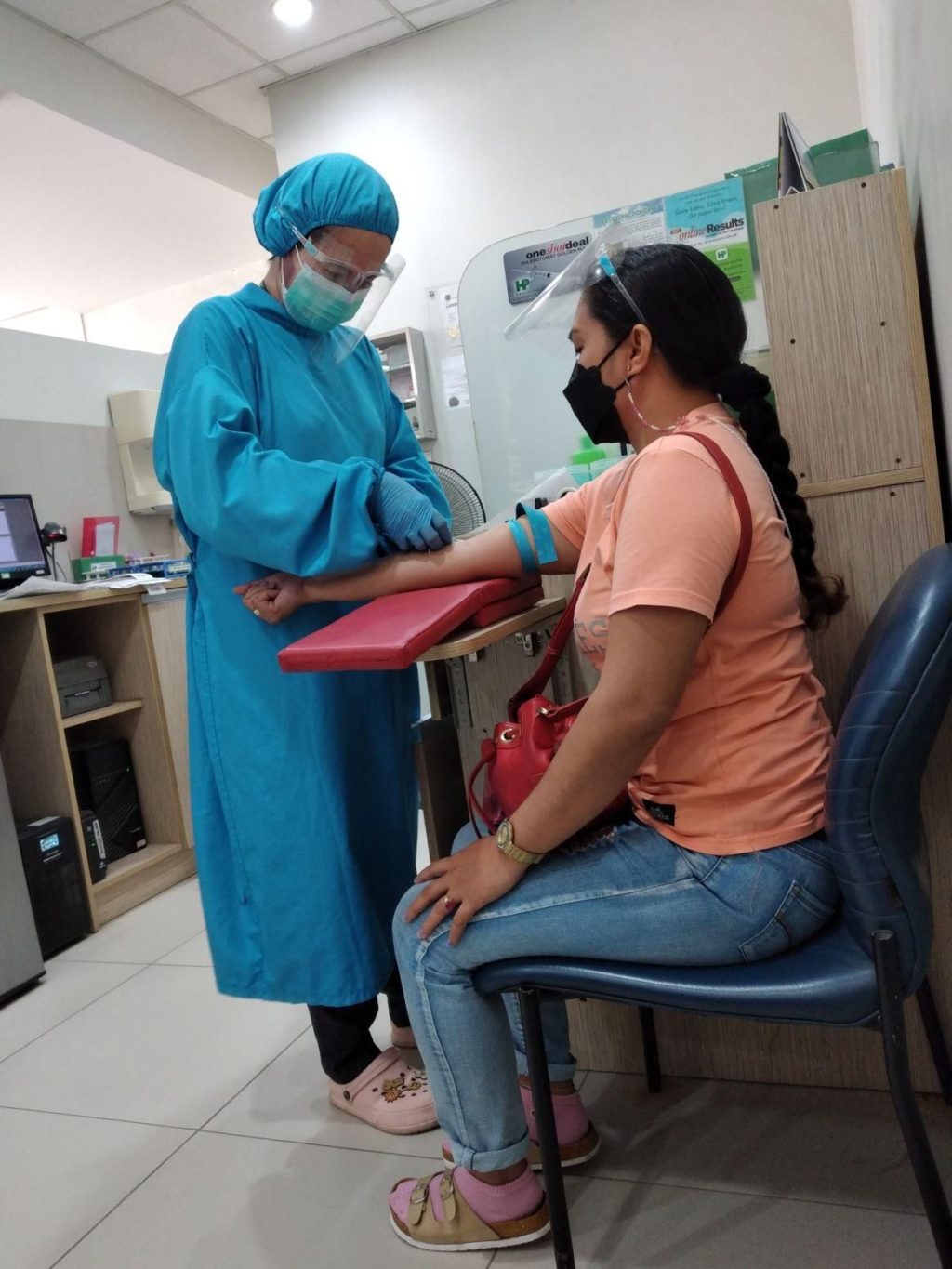For many women, motherhood is a big step in life, as children are both a blessing and a lifelong responsibility. But for others, infertility affects women against their choice. There are women who pray to be able to conceive and have children, but modern medicine today can help to understand and help those who struggle with having a child.

Regular testing is the first step towards treatment and healing. | Know more here
Female fertility is the ability of a woman to conceive a biological child. This is determined by ovulation, which occurs when a mature egg is released from an ovary. Ovulation disorders can be caused by a number of medical conditions and abnormalities, but PCOS or Polycystic ovary syndrome is one of the most common causes of female infertility. In one study in the United States, PCOS was found to be present in 6-12% of women of reproductive age.
What is important to note is that once detected, PCOS is a curable condition, so there are numerous women who have been able to have families after proper treatment.
What exactly is PCOS?
While Polycystic ovary syndrome or PCOS is a hormonal condition that can cause infertility but potentially miscarriage, pregnancy complications, type 2 diabetes, depression, even cancer. Nobody knows exactly what triggers PCOS, but experts understand it occurs when the ovaries produce an abnormal amount of androgen or male sex hormones. Researchers do suspect a link between Type 2 Diabetes and PCOS, given that women with PCOS have insulin levels and insulin resistance similar to diabetics.
Although symptoms of PCOS differ per woman, conditions may include but are not limited to:
- Missed periods, irregular periods, or very light periods
- Ovaries with large or prominent cysts
- Excess body hair, including the chest, stomach, and back
- Weight gain, especially around the belly/abdomen
- Acne or oily skin
- Male-pattern baldness or thinning hair
- Small pieces of excess skin on the neck or armpits (skin tags)
- Dark or thick skin patches on the back of the neck, in the armpits, and under the breasts
As Cebu’s one-stop shop for diagnostic testing, Hi-Precision Diagnostics Cebu offers all the ultrasounds and fertility tests a woman needs for her fertility and reproductive health.
Tests that can identify PCOS
Although symptoms are a good sign to get a check-up, medical tests are still the best way to know that you have PCOS, and for doctors to employ the best strategy for treatment.
Ultrasound
A doctor may recommend a pelvic or transvaginal ultrasound to check the appearance of the ovaries and uterus. This will then be submitted to a doctor for viewing and analysis.
Fertility tests
Doctors also tend to rely on a number of fertility tests which measure the levels of specific hormones, which can not only help detect PCOS but other conditions or abnormalities. The Luteinizing Hormone or LH test measures the hormone responsible for testosterone production for men and menstrual cycle for females. An FSH or Follicle Stimulating Hormone test not only detects PCOS, but also signs of premature menopause. Other fertility tests include Prolactin, Estradiol or E2 test, and many more.
In addition to this, doctors may also measure your blood pressure, glucose tolerance, and cholesterol and triglyceride levels to monitor the secondary symptoms of PCOS. While doctors have not found one comprehensive method to definitively diagnose PCOS, it is important to note that a combination of these tests provide the first step towards possible diagnosis and treatment of the condition
What’s the Next Step?
If PCOS is indeed diagnosed, doctors may prescribe a number of different medicines or hormonal treatments based on your specific situation. If PCOS is coupled with diabetes, some diabetic treatments may be prescribed as well. And with the right treatment, a baby may be on the way.
Of course, there are plenty of other natural ways to help improve fertility. This includes avoiding alcohol or smoking, minimizing caffeine, avoiding the night shift, preventing sexually transmitted infections, as well as maintaining a healthy weight.
But above all, regular testing is the first step towards treatment and healing. As Cebu’s one-stop shop for diagnostic testing, Hi-Precision Diagnostics Cebu offers all the ultrasounds and fertility tests a woman needs for her fertility and reproductive health. To know more, visit Hi-Precision Diagnostics Cebu on Facebook or contact them through landline (888 2222) or cellphone/Viber (0917 770 3638).

